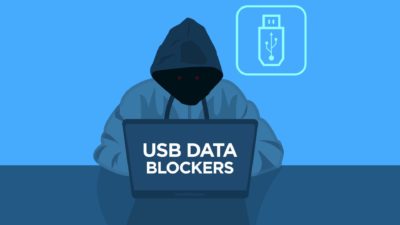 Violent games may alter brain activity
Violent games may alter brain activity
A new study showing a link between violent videogames and potentially negative behavior in teens could be ammo for federal and state lawmakers who want to regulate vidgame sales.
Study’s findings, presented Tuesday at the Radiological Society of North America’s annual convention, showed that teens who play violent vidgames experience decreased activity in areas of the brain that control inhibition while activity in emotional-arousal areas in the brain increases.
Implication is that adolescents may not be able to control themselves after getting deeply involved with a violent vidgame.
Using MRI technology for the first time in vidgame research, study compared two groups of teens aged 13-17 with no known behavioral problems. The group given a nonviolent vidgame experienced normal brain activity.

Frank Wilson is a retired teacher with over 30 years of combined experience in the education, small business technology, and real estate business. He now blogs as a hobby and spends most days tinkering with old computers. Wilson is passionate about tech, enjoys fishing, and loves drinking beer.
















